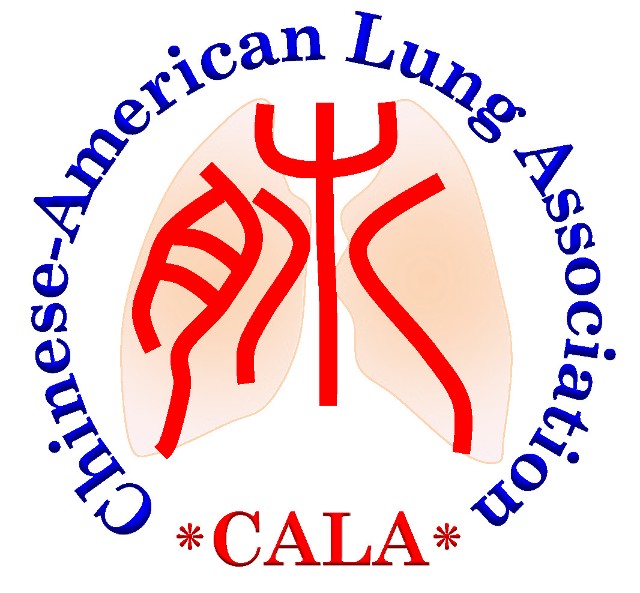2024 CALA Leadership Committees and Chairs
President
Dr. Jianwen Que, Ph.D, Columbia University
President-Elect
Dr. Jie Sun, Ph.D, University of Virginia
Treasure
Dr. Wei Chen, Ph.D, University of Pittsburgh
Committee Chairs:
The Website Management Committee (Dr. Wei Chen, Ph.D, University of Pittsburgh)
The Program Committee (Dr. Ke Yuan, Ph.D, Harvard University)
The Network Committee (Dr. Yan Hu, Ph.D, University of Colorado Anschutz Medical School).
The Award Selection Committee (Dr. Lin Mantell, M.D/Ph.D, St. John’s University College of Pharmacy)
The Nomination Committee (Dr. Jinghong Li, M.D/Ph.D, University of California, San Diego)
The Video Distribution Committee (Dr. Ting Xie, M.D/Ph.D, Cedars-Sinai Medical Center)

Past CALA Leadership
| Year | President | President-Elect | Treasure |
|---|---|---|---|
| 2024 | Jianwen Que | Jie Sun | Wei Chen |
| 2023 | Ke Yuan | Jianwen Que | Jie Sun |
| 2022 | Zhiyu Dai | Ke Yuan | Jianwen Que |
| 2021 | Yin Chen | Zhiyu Dai | Ke Yuan |
| 2020 | Xiaobo Zhou | Yin Chen | Zhiyu Dai |
| 2019 | Qiang Ding | Qing Lu | Xiaobo Zhou |
| 2018 | Min Wu | Qiang Ding | Qing Lu |
| 2017 | Peter Di | Min Wu | Qiang Ding |
| 2016 | Yutong Zhao | Peter Di | Min Wu |
| 2015 | Hongwei Chu | Yutong Zhao | Peter Di |
| 2014 | Dianhua Jiang | Hongwei Chu | Yutong Zhao |
| 2013 | Yunchao Su | Dianhua Jiang | Hongwei Chu |